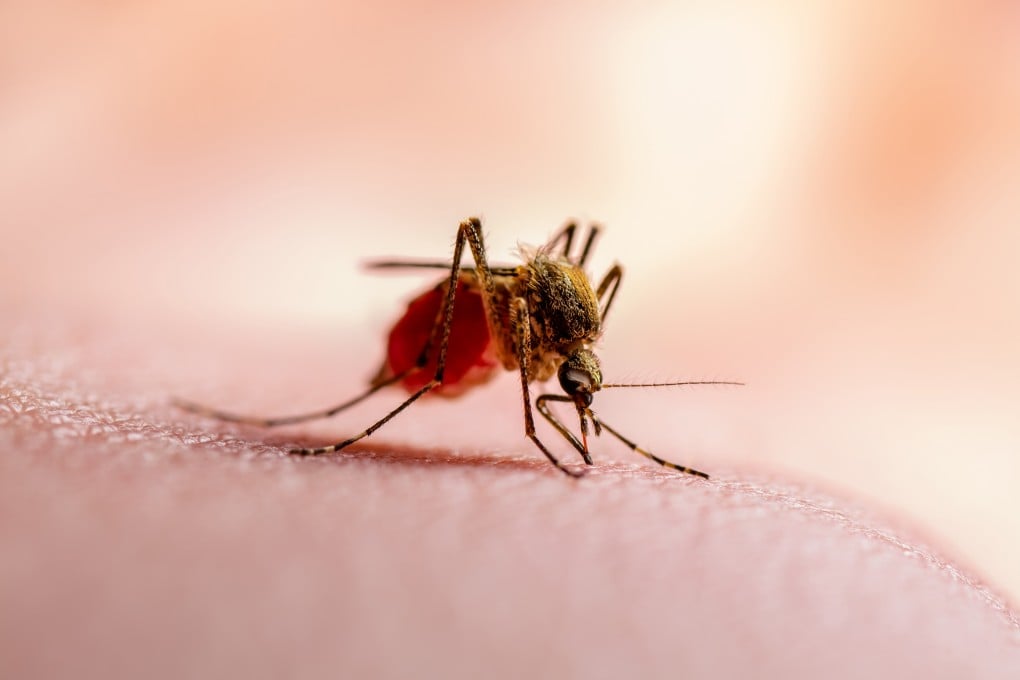Study using mosquitoes to deliver vaccines has Chinese researchers buzzing
- Researchers harness mosquitoes to deliver re-engineered vaccines for animals
- Study may pave the way to reduce viral infections like Zika and could help save endangered wildlife

A team of Chinese scientists has provided new evidence that one of humankind’s most annoying, or even deadly, pests could be a key ally in the fight against viral diseases.
“Our study provides a future avenue for developing a mosquito-delivered vaccine to eliminate zoonotic viruses,” said Professor Zheng Aihau, with the Institute of Zoology’s State Key Laboratory of Integrated Management of Pest Insects and Rodents at the Chinese Academy of Sciences, who led the research.
The finding could not only lead to a reduced spread of viruses within populations of hard-to-access wildlife hosts, but also protect endangered species from viral diseases, the researchers said in the paper.
Zika belongs to the flavivirus genus and is transmitted primarily by Aedes mosquitoes. People infected by the virus can have symptoms ranging from rashes and fever to muscle and joint pain.
But Zika virus infections during pregnancy can cause infants to be born with microcephaly (an abnormally small head or cranial capacity) and other congenital malformations. The infection can also lead to premature birth or miscarriage.
